Brighton hospital trust 'unsafe' and 'poorly led'
- Published
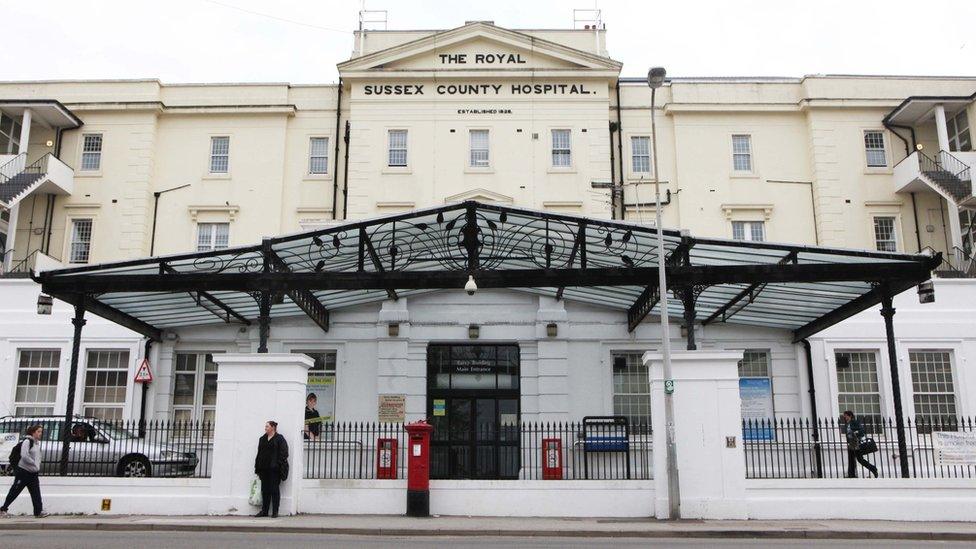
An inspection rated the Royal Sussex and the trust that runs it as inadequate
A hospital trust has been placed in special measures after inspectors deemed it unsafe and poorly-led.
The Care Quality Commission (CQC) criticised both the Brighton and Sussex University Hospitals NHS board and Brighton's ageing hospital site.
The watchdog said hospital bosses had little insight into safety issues and "seemingly little appetite to resolve" them.
Trust chief Dr Gillian Fairfield said it was clear the trust had failed.
The report said problems went "right through" the trust, which had failed to meet national standards on waiting and treatment times.
Deputy chief inspector of hospitals Prof Edward Baker found there were high numbers of cancelled appointments and operations and delays in providing diagnostic results.
He said the executive team failed to provide resources or support to critical care clinical staff on multiple occasions.
Patients 'at risk'
Hospital trust's medical director reacts to report
Though the trust had ambitious redevelopment plans, the state and age of hospital buildings were a "major challenge" for cleanliness and care.
"It is of little comfort to patients who need attention or treatment today to be told that the new building will eventually put things right," he said.
"In the meantime, staff and patients remain at risk."
Dr Fairfield said: "It is clear from the CQC report that in many areas the trust has failed our patients and on behalf of the trust, I apologise unreservedly."
Other criticisms included overcrowding in older buildings, reports of bullying and harassment by ethnic minority groups and inaccessible fire exits.

Patient experiences
Emma Peters: 'I felt as if they didn't want me there'
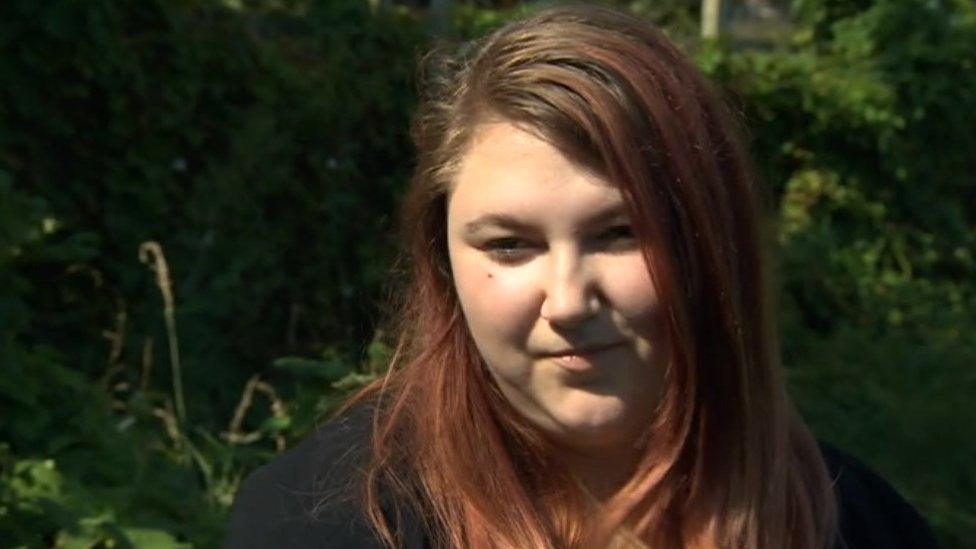
Emma was rushed to hospital in Brighton with severe back pain
"My dad rushed me to hospital and we sat in A&E for about four hours. My back was agony, and I couldn't get comfortable.
"None of the doctors came out and asked if I was ok. No-one was really working.
"About 01:00 in the morning I was seen by a doctor and he was the only doctor on the ward. There were loads of people complaining, there were some drunks there bashing into me so it really wasn't a pleasant experience.
"In the end I waited four hours to go in for a two minute check-up just to be told I had whiplash and to go home and rest. I felt as if they didn't want me there."
Lucy Gomez: 'We had the best care possible'
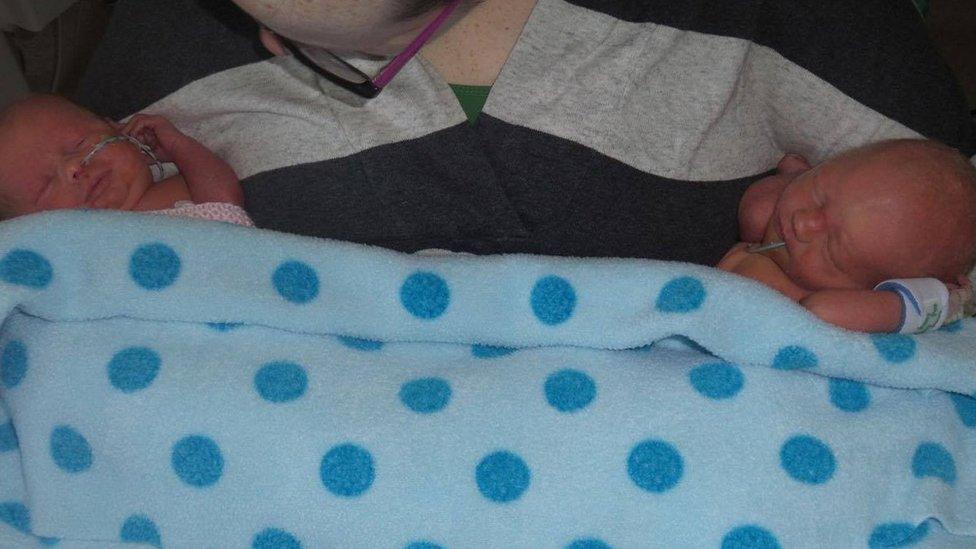
Lucy Gomez' twins were born prematurely in Brighton
"After finding out that I had gone into pre-term labour with my twins at 27 weeks, and the Conquest Hospital was unable to help me, we were finally sent to Brighton in February 2014.
"I was in and out of hospital for the weeks leading up until their birth and had to regularly visit Brighton. Each time we were provided with the best care possible at a very scary time.
"It was absolutely perfect. We were given a proper structured plan.
"My twins were born at 36 weeks, and I honestly believe that without the doctors, nurses and midwifes, my twins would not be as strong and as healthy as they are today.
"I will forever be eternally grateful and would recommend the Royal Sussex Hospital."

Issues were also noted with low staffing levels, emergency patients staying in operating theatres' recovery area without appropriate facilities and patients being examined without privacy screens.
Dr Fairfield said the NHS started to making fire safety changes within 20 minutes of the CQC raising concerns.
She said the trust had already redesigned part of the emergency department, was better at managing emergencies and opened a 24/7 surgical assessment unit.
NHS Improvement said it was already supporting the trust. The Department of Health said there was "no excuse for services to fall short of those standards".

Analysis by Mark Norman, BBC South East's health correspondent
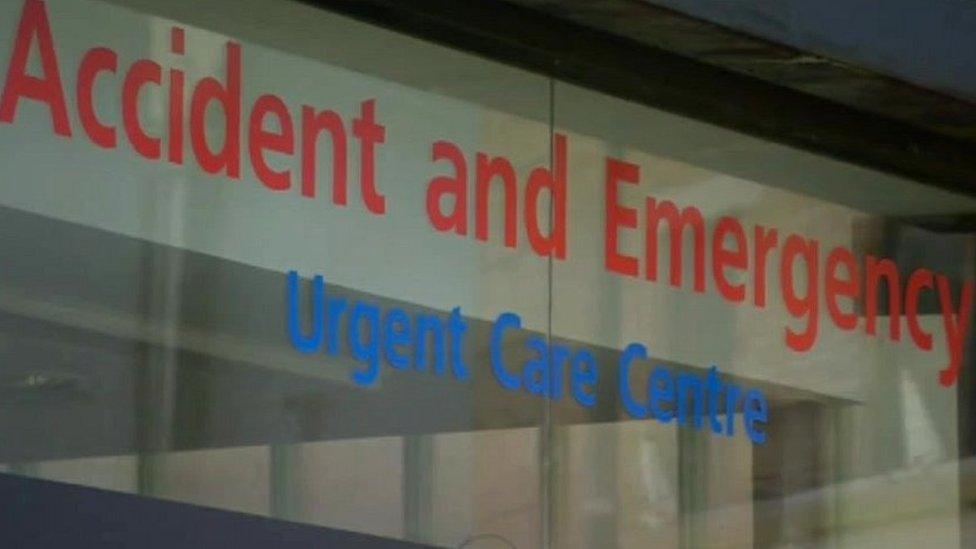
The A&E unit has new privacy screens and assessment areas
Staff and managers at the Royal Sussex have described the CQC report as a "wake up call".
The A&E department was busy and I was told the mood among staff was sombre.
Some patients were being held in a hallway, but they were being more honest calling it a corridor rather than a "cohort area".
Consultants pointed out there were new privacy screens and assessment areas.
The local patient group, Healthwatch, told me this was a "dark day for the trust" but also acknowledged the changes.
However, I was at this hospital a year ago, when the last CQC report asked the same questions about the same issues.
If anything, things appear to have got worse. The hospital can't afford not to improve over the next 12 months.

Maria Caulfield, Conservative MP for Lewes, said: "Although many will view this as a negative step, it will in fact mean that the trust receives increased funding and specialist help."
She said she welcomed the news that "the strain that staff work under and the poor experience for patients has been recognised".
Overall, the trust and the Royal Sussex were found to be inadequate. The Princess Royal Hospital in Haywards Heath was found to require improvement.
Inspectors rated the children's services at the Royal Alexandra Children's Hospital in Brighton as outstanding.
- Published15 August 2016
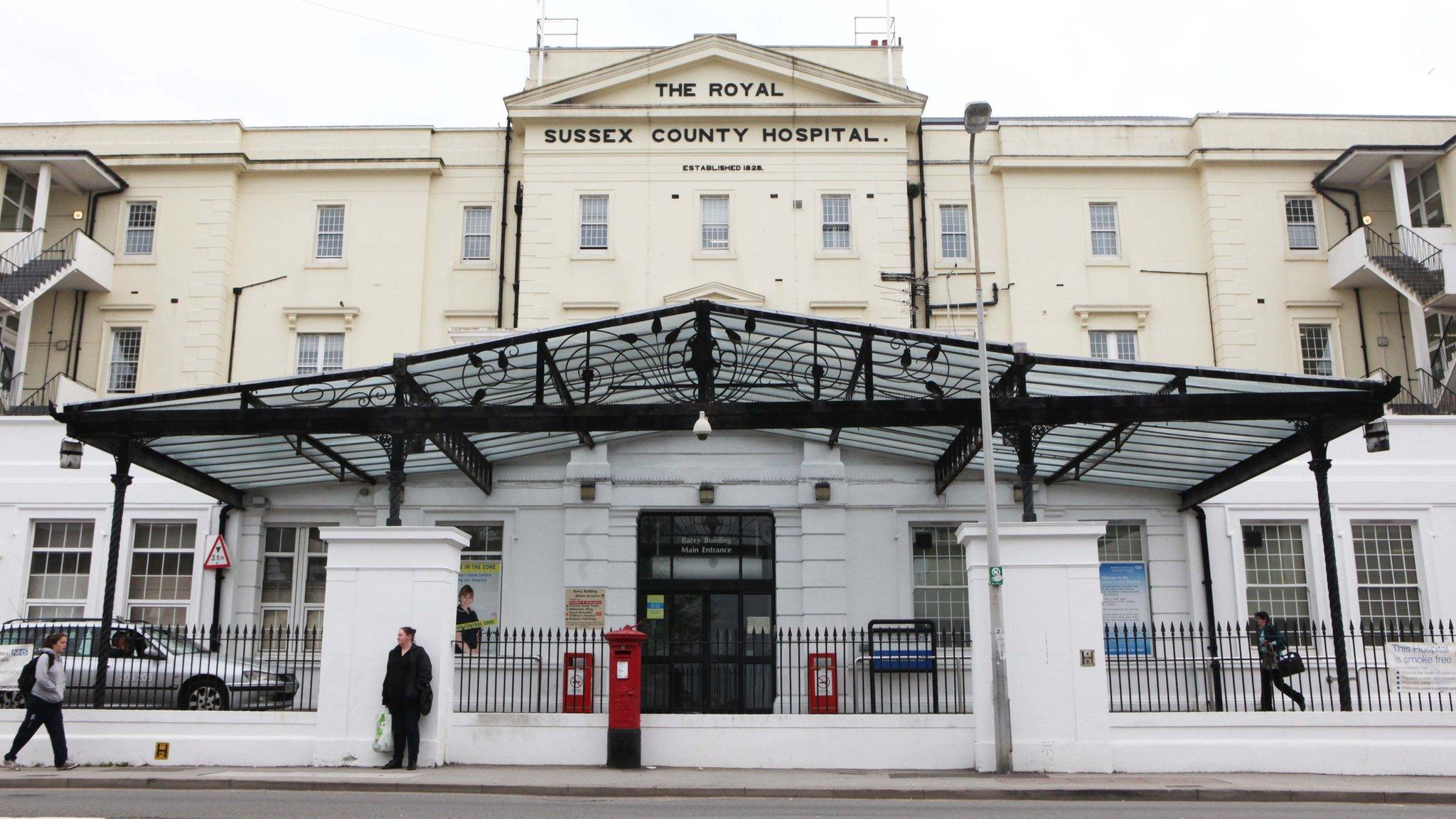
- Published20 June 2016
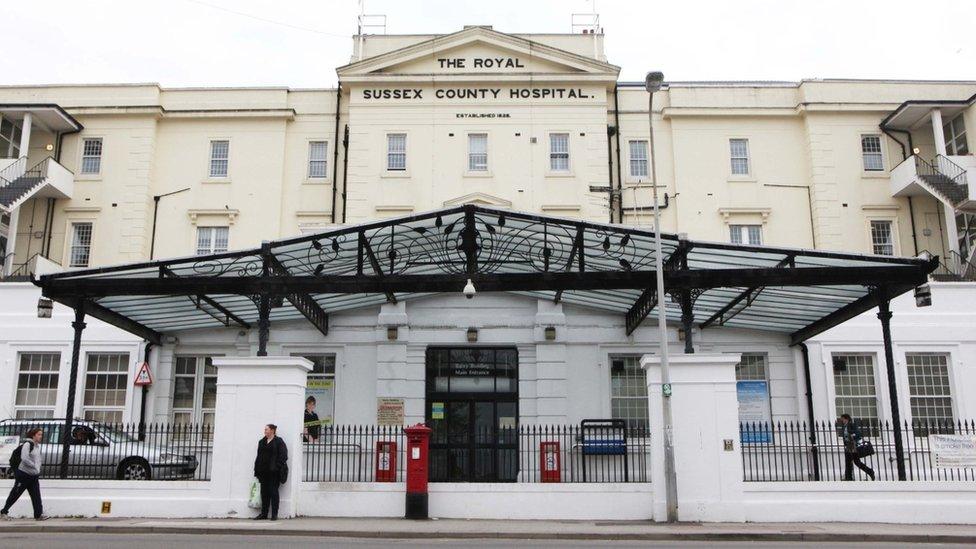
- Published25 February 2016
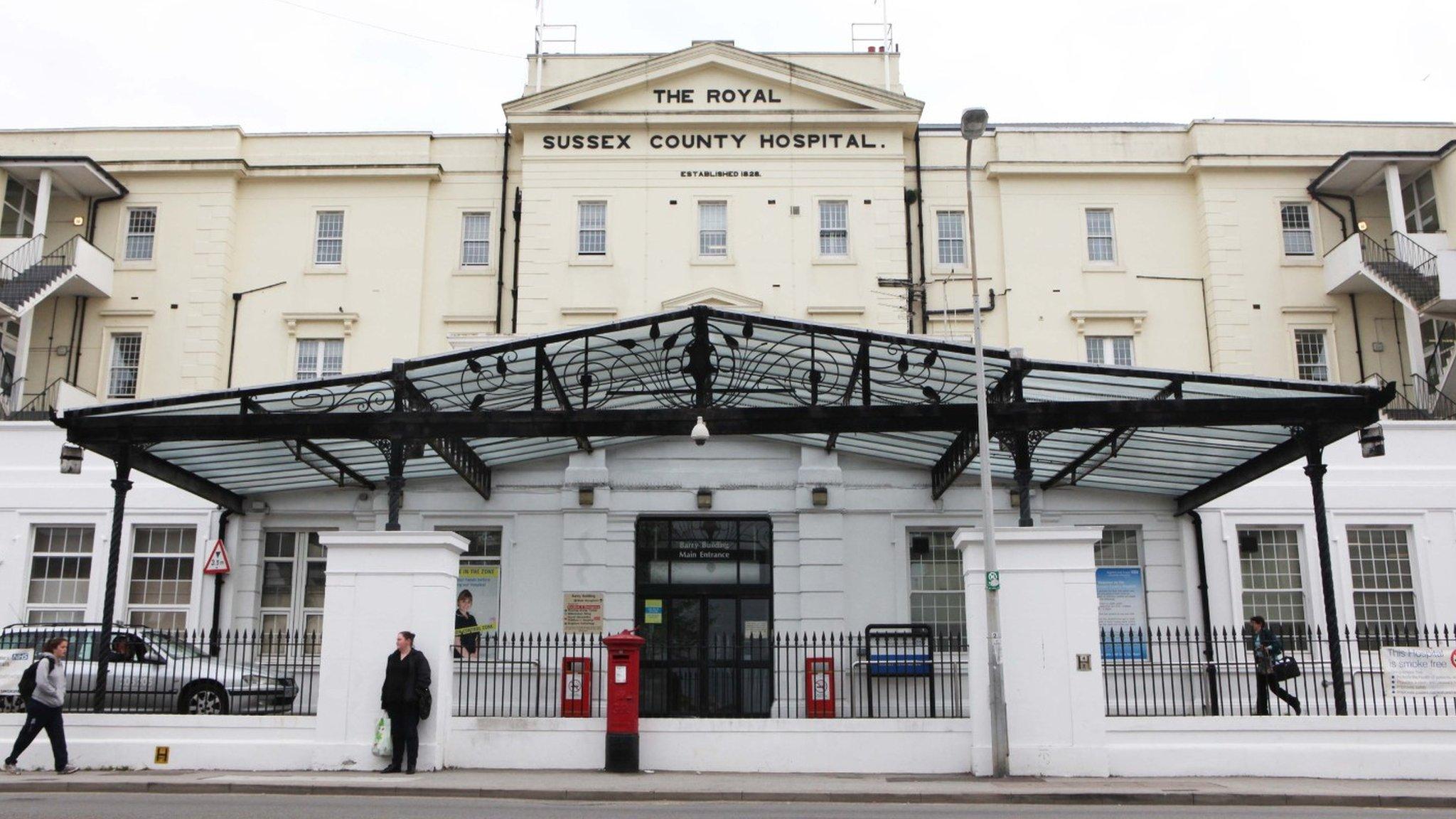
- Published23 October 2015

- Published21 July 2015
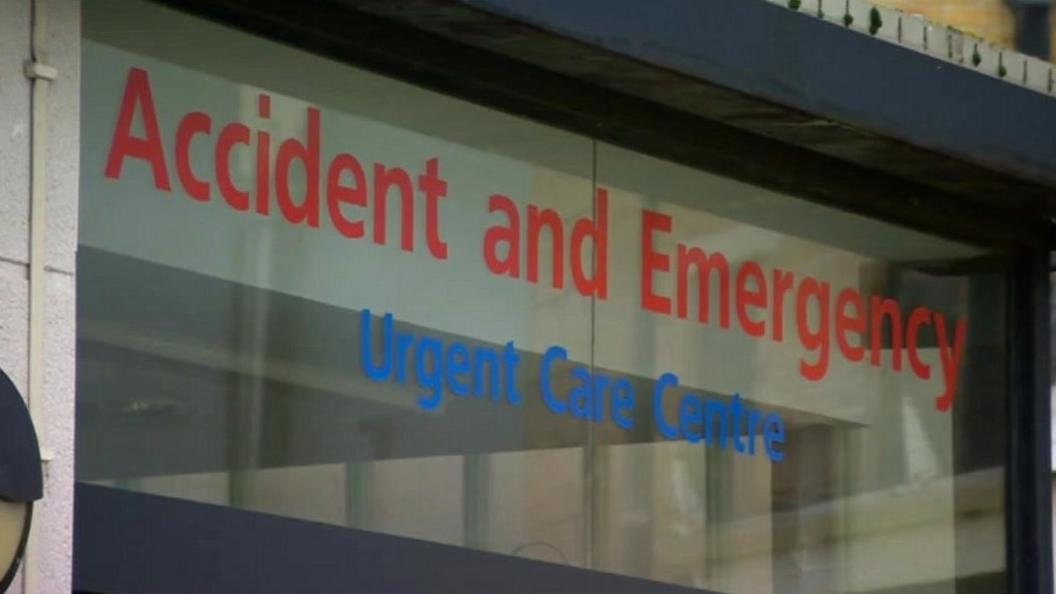
- Published26 February 2015

- Published8 August 2014

- Published1 May 2014

- Published5 June 2013
